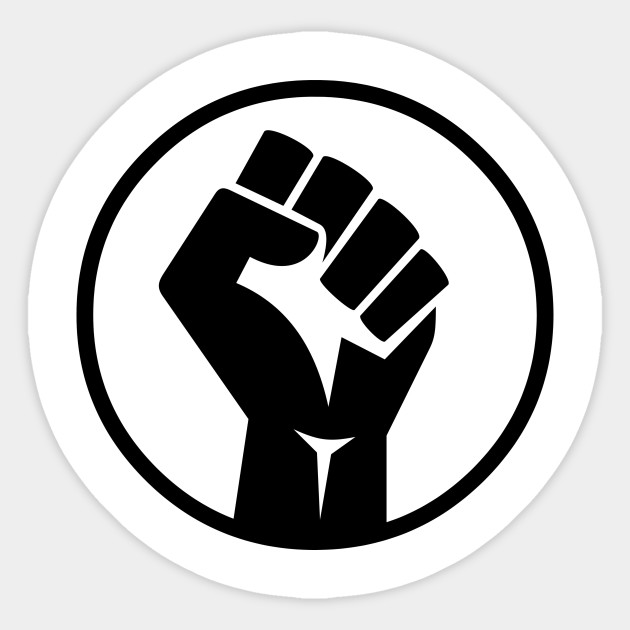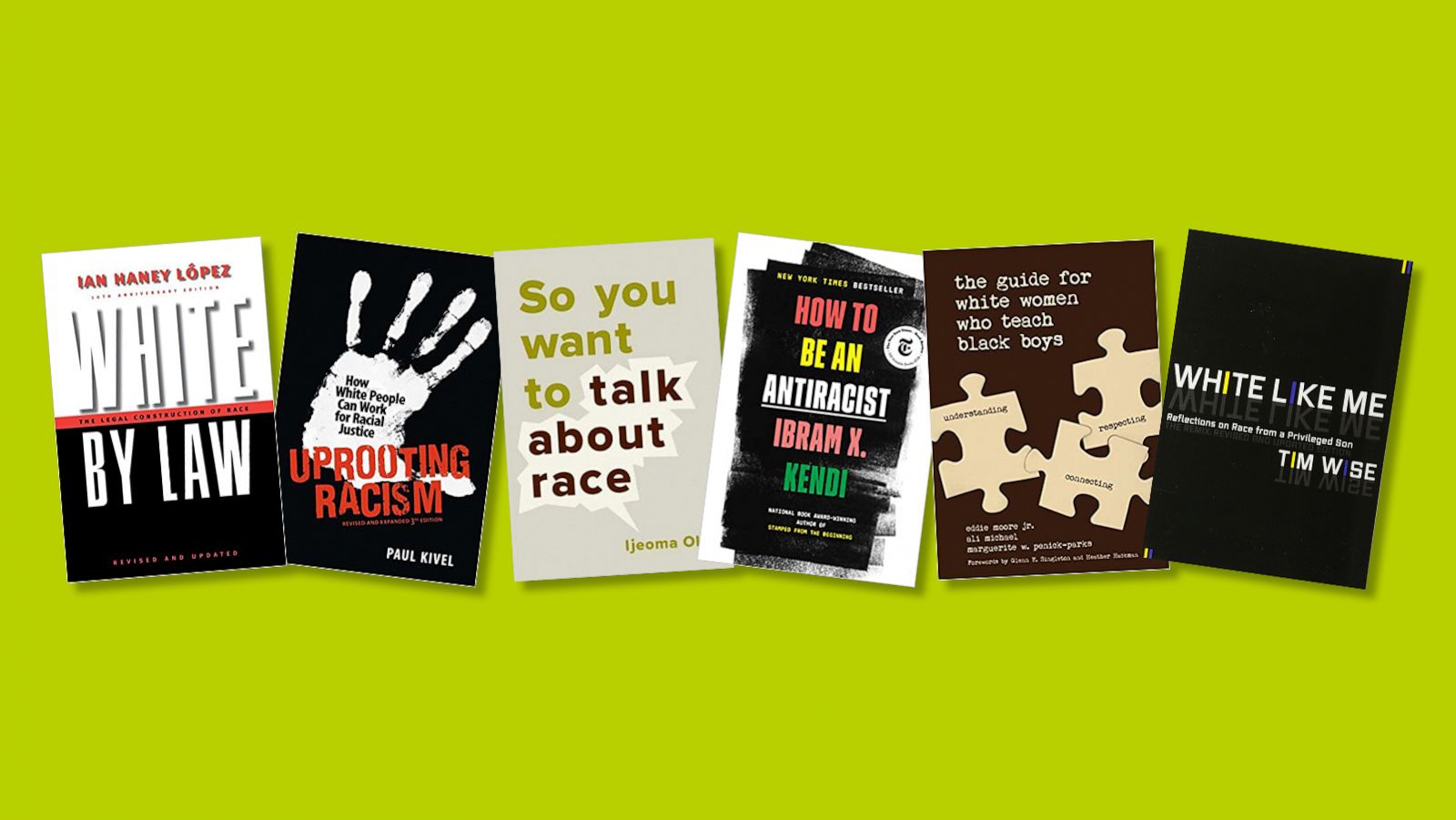Black lives still matter
Black lives matter. Black lives have always mattered and they will continue to matter, despite the systematic and internalised racism that has conditioned society to believe otherwise. So, now that the BLM movement has reached a worldwide audience, how can we keep the momentum going to instigate real change? As a friend told me, this is a lifestyle change not a crash diet and, as such, we must acknowledge that this is just the beginning of a life-long commitment to ensure that anti-racism, equality, and justice are not just outliers, but the foundations of human experience.

So what can we do on the micro to ensure the macro reflects and embodies the change we desperately need? We can donate money and time to relevant charities, we can write to our MPs, we can sign petitions to make our voices heard by those in charge (although be wary – the government is not currently recognising petitions from change.org so we will be including some appropriate links throughout and at the end of this post), and we can educate ourselves and those around us. Our feminism must be intersectional and inclusive. We must buy from Black-owned businesses. We must engage in potentially difficult conversations with those whose values may not align with ours. We must question the authority of the educational systems we have been through and understand that, for example, much of the British syllabus is taught under a lens of whitewashing and largely unaddressed colonialism. As such, there is much to be unlearned as well as learned, but there is no better time to start than the present, especially when that present includes the internet.
As we have heard, ‘ally is a verb, not a noun’. So what can we do as employees and employers, as colleagues and innovators? There is no plaster big enough to cover this wound of systematic racism and learned bias, but we can move through the world and our work environments (however virtual) in a caring, conscientious way in order to alleviate and ultimately get rid of the burden of white supremacy that BAME people have been carrying. After all, racism is the problem of the oppressor not the oppressed, and there is no room for victim-blaming in a progressive society. As Reni Eddo-Lodge notes in her book, Why I Am No Longer Talking To White People About Race, “…prejudice needs power to be effective…” (page 170). In this context of power and discrimination, we need to look around our workplaces. Are the voices of our Black colleagues being heard and supported? If our workplaces aren’t diverse… why not? Are our racism and diversity policies reflective of the world of equality we want to see? If not, why not? What are the values of organisations we associate with, and do they align with ours? And what can we do to remedy these things? For example, most of us have heard of the Bechdel test, which is a manner by which the gender balance in films can be assessed.

There is also the DuVernay test, which measures the level of racial diversity in film. We can take these tests and apply them to our workplaces and thus identify areas where improvement and spotlights are needed. After all, we don’t know what we don’t know, which is why these initial steps are so crucial. Once we start to pull at the thread, all sorts of aggressions, inequalities, and injustices (micro and macro) will reveal themselves to people who have never had to experience them, pulling more and more people on to the same page. It is a privilege to learn about racism in theory rather than experiencing it first hand, which shows that it is vital to start learning and being proactive in anti-racism work as soon as possible, even if you believe it is not your responsibility or place to do so. Equality is a human issue and so, by default, we are all involved.
As creatives and innovators, it is our job to bring the future to the present. It is our job to utilise our talent and skill to better the planet and the lives on it. If we are not considering all facets of society, we are not being true to a collective vision of the future, which undermines the very nature of innovation and creativity in service of good and lasting change. We know that diversity in working environments is essential in pretty much every way imaginable, so it makes no sense to resist this. As innovators, as pioneers of change, as decent human beings, it is our duty to elevate our Black and POC colleagues, to ensure that the playing field is levelled for all. Togetherness is a beautiful thing, and there is room for everyone at the table.
Links included:
– Ibram X. Kendi defines what it means to be an antiracist
– Black Lives Matter: Write to your MP
– 197. Your Fat Friend #2 – We talk about whiteness – Part 1
– The national curriculum – GOV.UK
– Petition: Introduce Gender and Race equity for GCSE English Literature set texts
– Petition: Add education on diversity and racism to all school curriculums
– Screaming in the Silence: How to be an ally, not a savior | Graciela Mohamedi | TEDxBeaconStreet
– Petition: Make Anti-Racism training mandatory in all UK workplaces
– Books to help you understand racism
– Petition- Introduce Mandatory Ethnicity Pay Gap Reporting
– Connecting Museums, Modern Art, Colonialism, and Violence
– Black Pound Day: Home
– What is a microaggression?